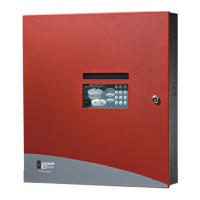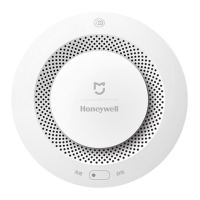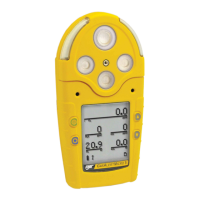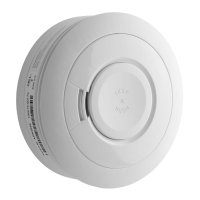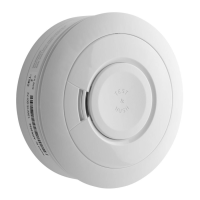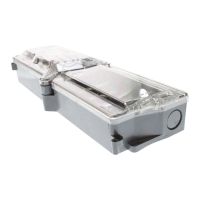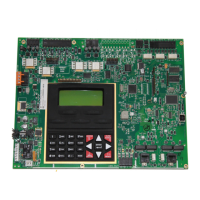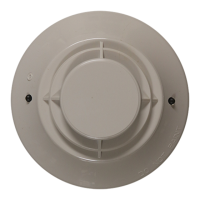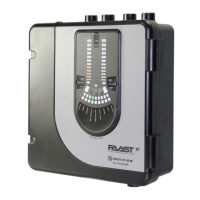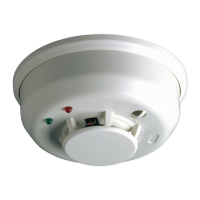45
GasAlertMicro 5/PID/IR
Calibration and Setting Alarm Setpoints
• Calibrate a new sensor before use. Install the sensor, activate
the detector, and allow the sensor to stabilize before starting
calibration.
Used sensor: 60 seconds / New sensor: 5 minutes
• Calibrate the detector at least once every 180 days (every 90 days
for HCN sensors) depending upon use and sensor exposure to
poisons and contaminants. For a list of common products that can
damage sensors, refer to Sensor Poisons and Contaminants
.
• Calibrate the detector if the ambient gas varies during startup.
• Calibrate the sensor before changing the alarm setpoints.
• Calibrate only in a safe area that is free of hazardous gas in an
atmosphere of 20.9% oxygen.
• To disable an alarm, set the alarm setpoint to 0 (zero).
• If the Auto cal option is enabled, the oxygen (O
2
) sensor calibrates
automatically every time the detector is activated. Activate the
detector in a safe area that is free of hazardous gas in an
atmosphere of 20.9% oxygen.
• After activating the detector, allow it to stabilize for 1 minute before
performing a calibration or bump test.
• If a certified calibration is required, contact BW Technologies by
Honeywell.
Note
A generator must be used for O
3
and ClO
2
sensors.
Diagnostics Testing
The detector tests the ambient air (auto zero) and the test gas that is
applied (auto span) to ensure it meets expected values. Auto zero sets
the zero-gas level of the sensor. If ambient gas is present, the zero
level will be incorrect.
If excessive target gas is present, the detector displays an error
message and lists the affected sensor.
In auto span, if the target gas is not detected or does not meet expected
values, a message displays that the detector is exiting calibration mode.
The detector retains the previous set values.
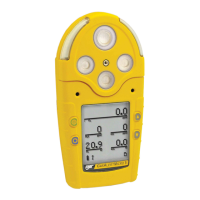
